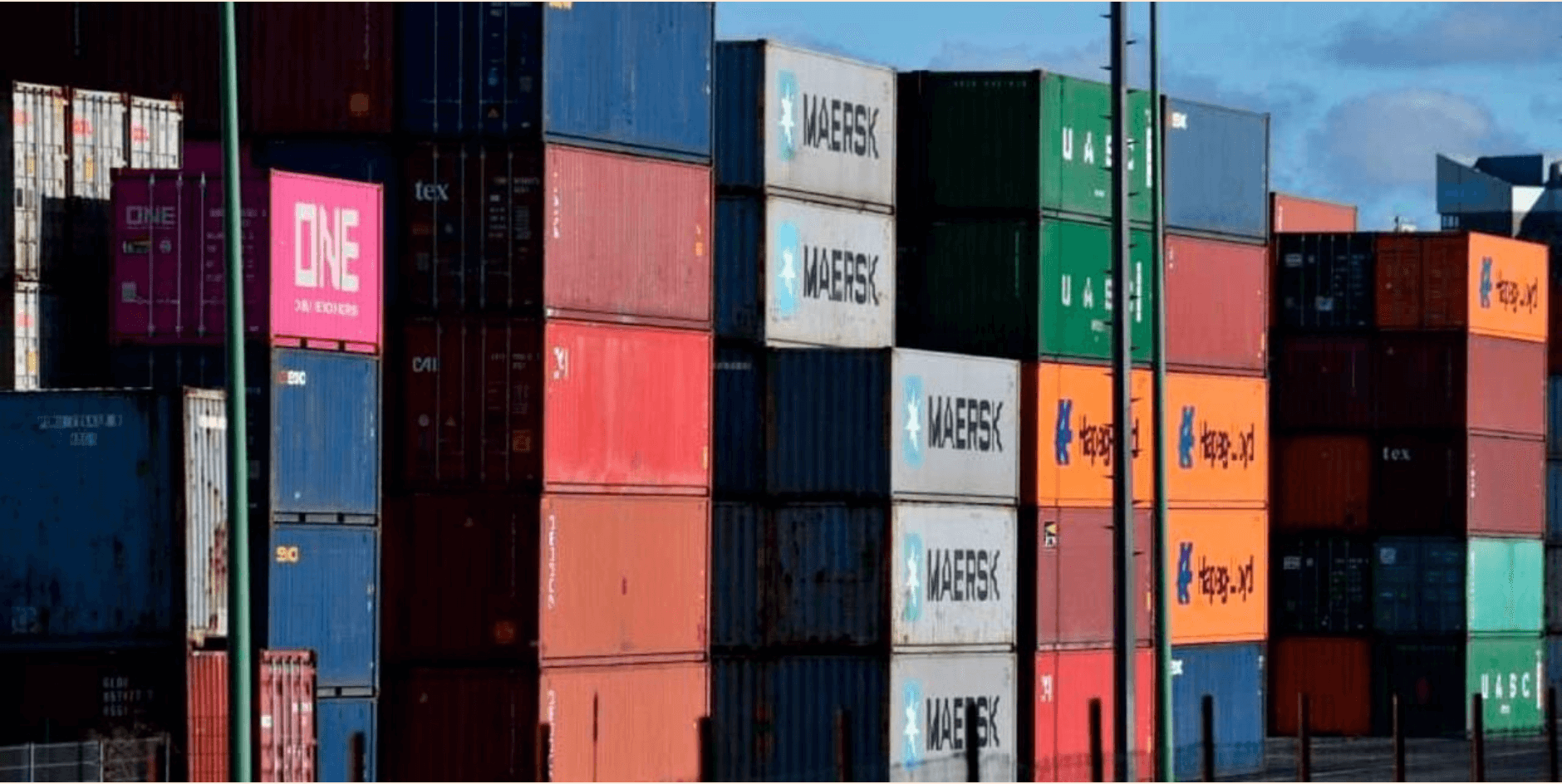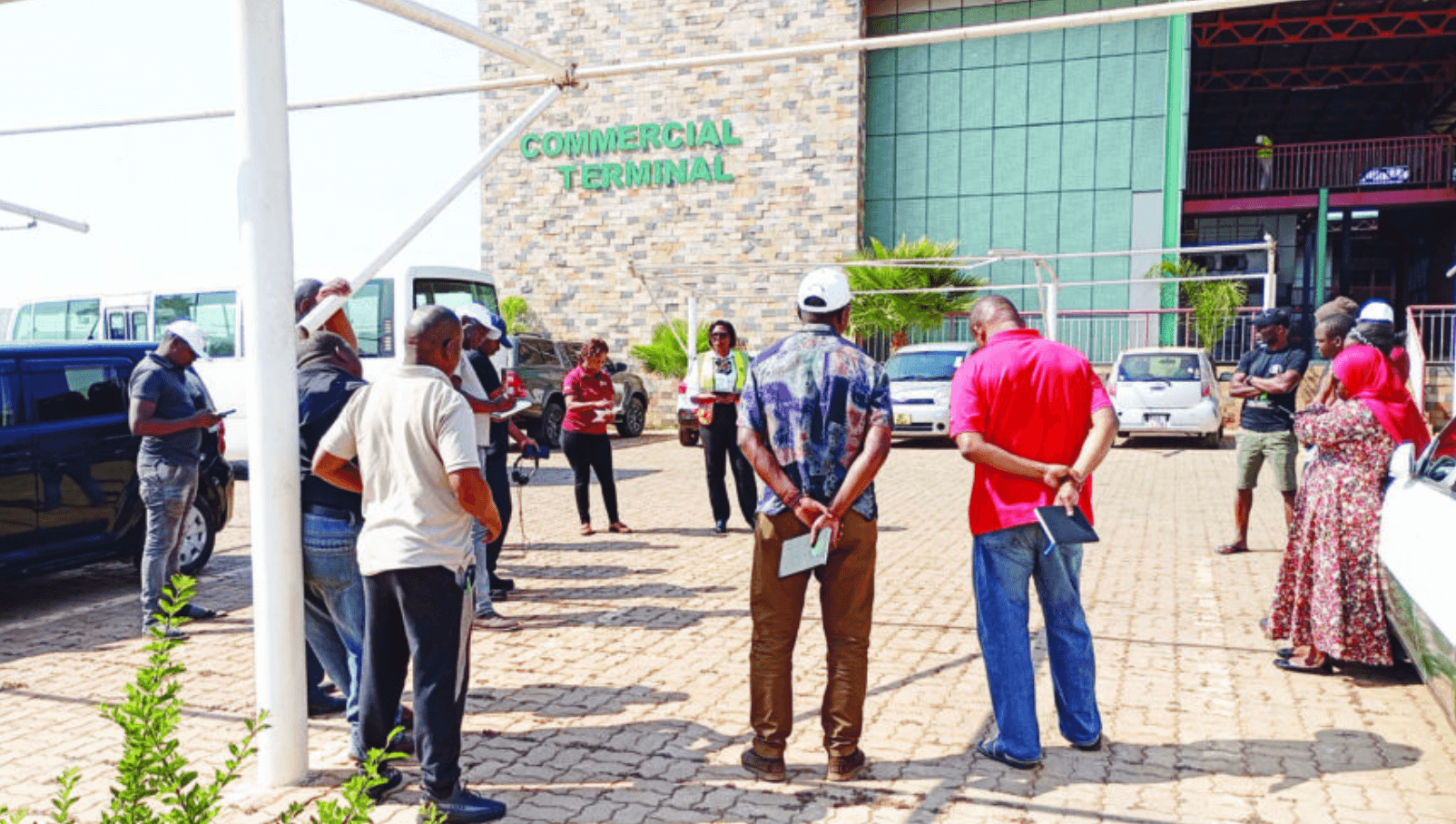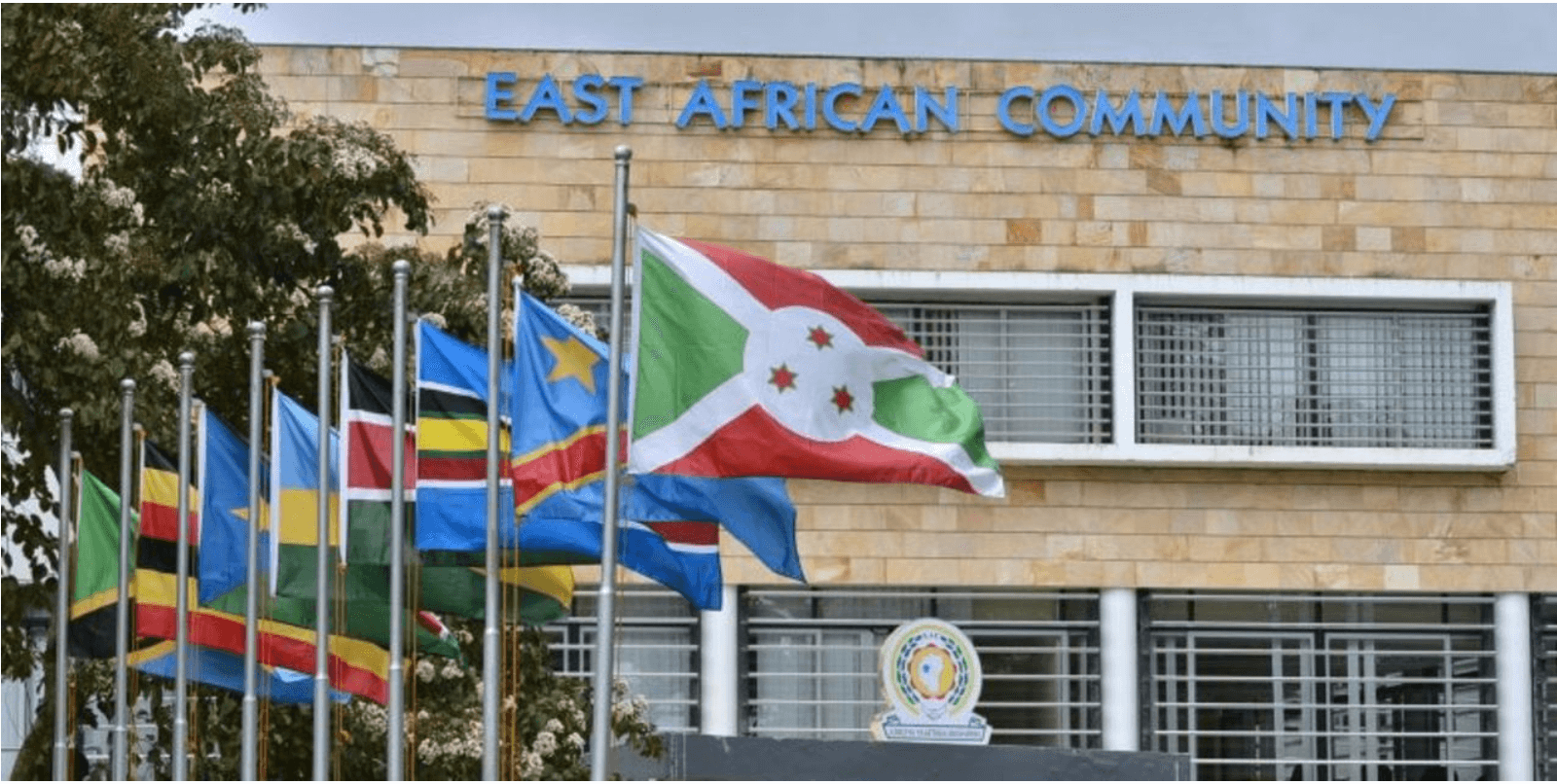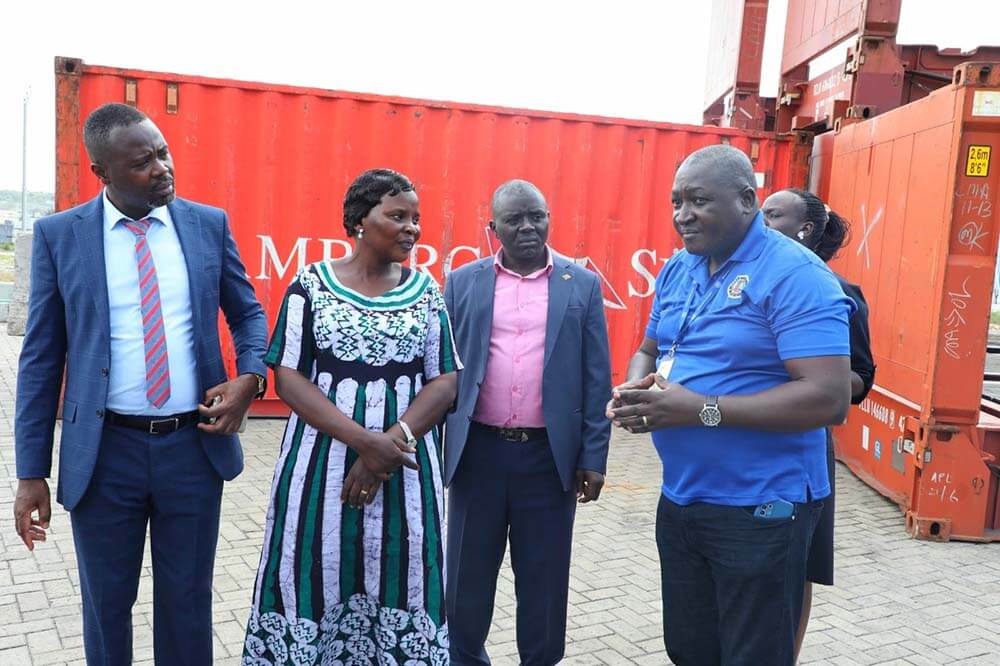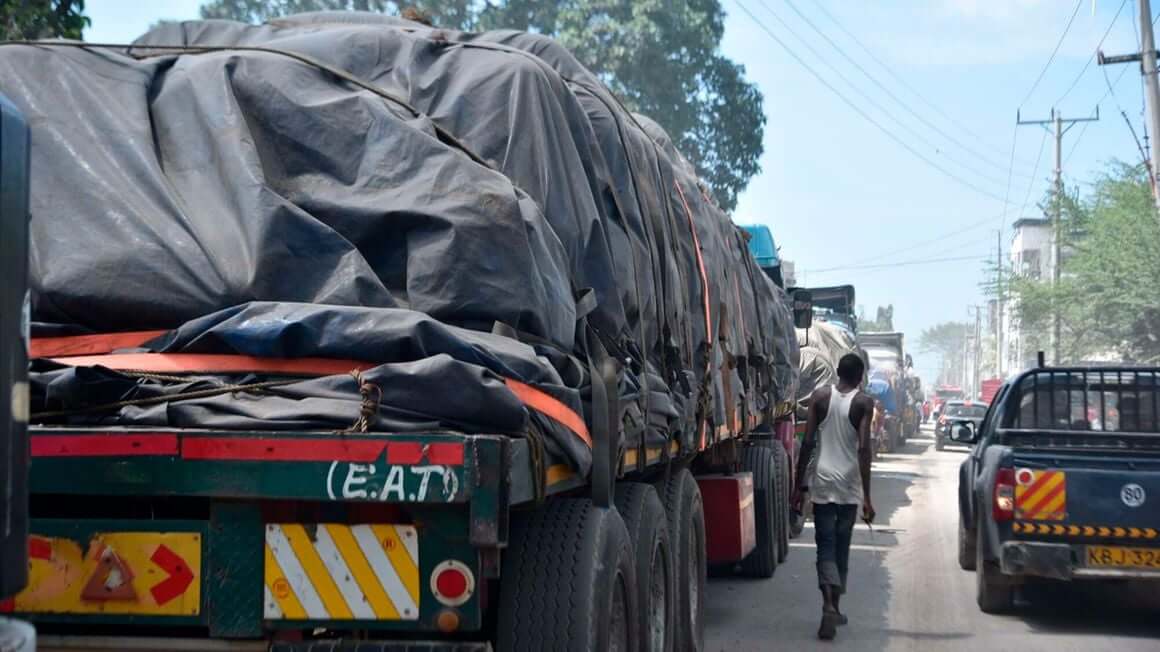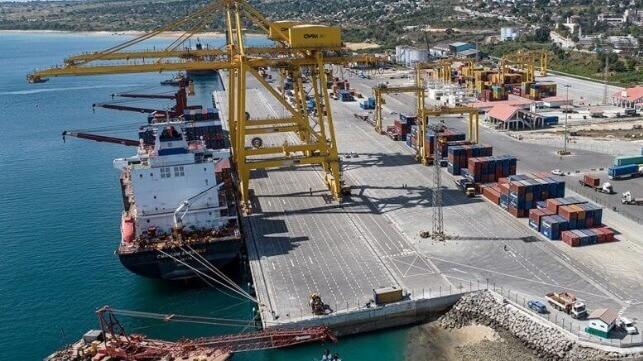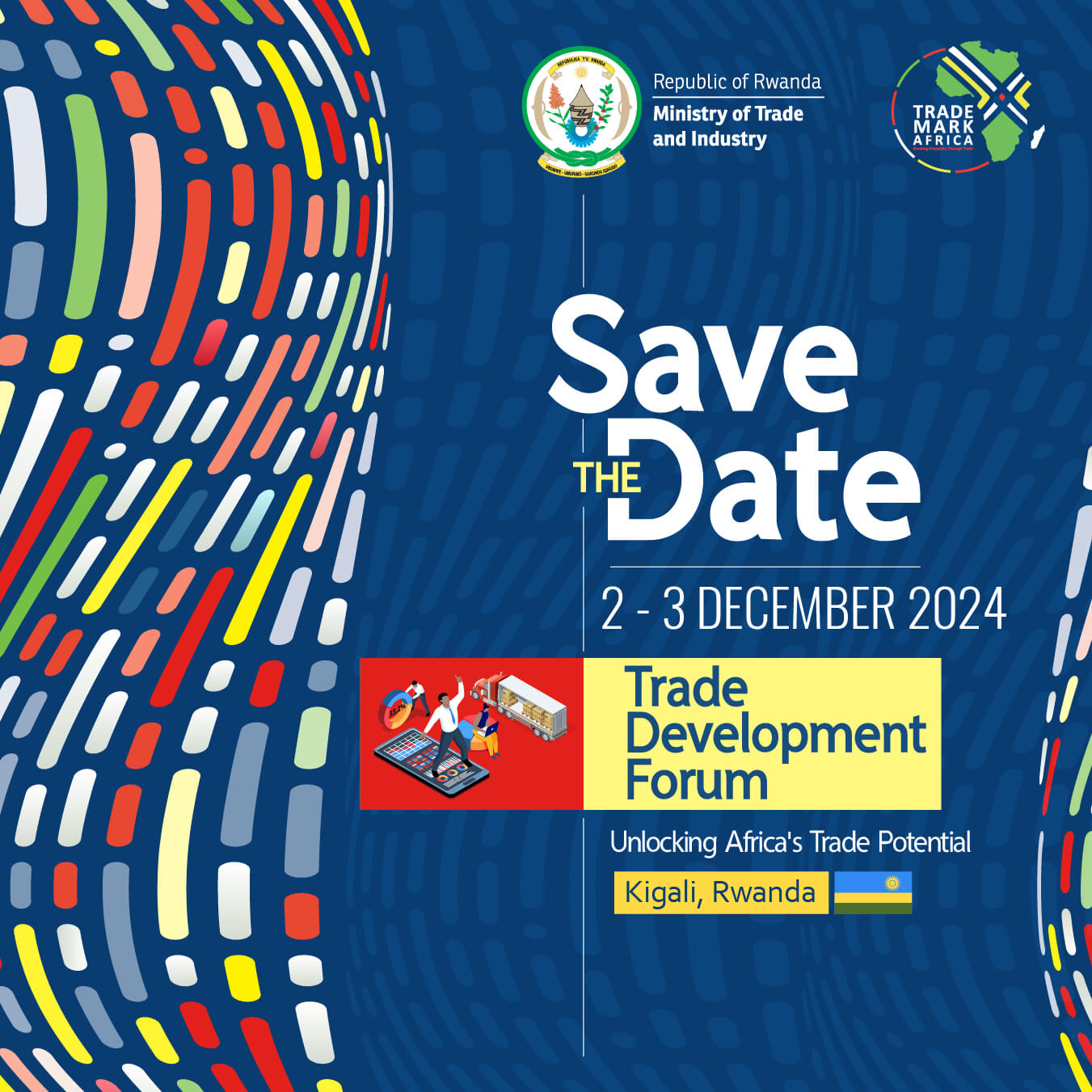In today's interconnected global economy, Africa has tremendous potential for intra-continental trade. However, unlocking this potential goes beyond policies and trade agreements; it requires trust in the quality of products and services exchanged across borders. Accreditation builds this trust by ensuring competent testing solutions. Accreditation is the formal recognition, by an authoritative body like the Kenya Accreditation Service (KENAS) that an organisation such as a laboratory or certification body, meets internationally recognised standards. This recognition ensures accuracy and reliability, which are critical for businesses, consumers, and regulators. KENAS is a partner in next month's The All-Things Lab and Testing Expo and Dialogue (ATLT 2024), where key sectors will discuss, amongst other critical issues, how accredited testing facilitates trade and ensures public safety. Accreditation thus provides confidence that products and services meet quality and safety requirements. In global trade, unreliable testing can lead to product rejections, disputes, and economic losses. By ensuring that products meet international safety and quality standards, accredited labs minimise risks for businesses and consumers alike. The success of the African Continental Free Trade Area (AfCFTA) depends on trust between countries. Reliable testing underpins that trust, allowing goods to flow across borders smoothly. Read: Kenya to conduct tests on fish exports Accredited labs ensure that products meet consistent standards, reducing the need for retesting and facilitating market access. For instance, agricultural products from Kenya must meet stringent safety standards in other African countries. Accredited testing ensures these products meet those standards, building confidence in cross-border trade. For businesses...
Why the future of African trade depends on reliable testing systems
Posted on: September 27, 2024
Posted on: September 27, 2024

